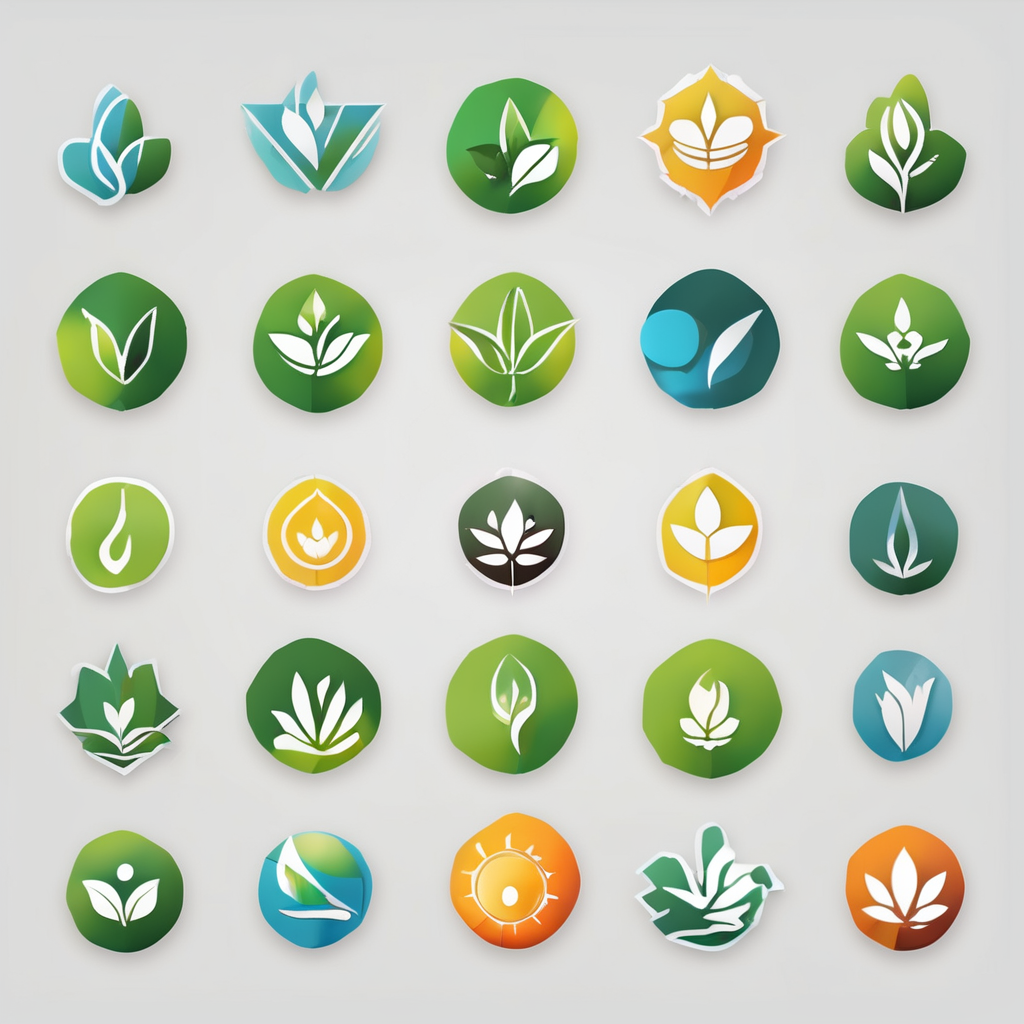Understanding PMS and Its Symptoms
Premenstrual Syndrome (PMS) is a prevalent condition affecting a significant percentage of women during their reproductive years. The symptoms of PMS can vary widely, impacting both physical and emotional well-being. These symptoms often include bloating, mood swings, irritability, and fatigue, which can considerably affect daily life. Understanding these symptoms is essential for managing them effectively.
Physical symptoms may manifest as headaches, tender breasts, or abdominal pain, while emotional symptoms might include anxiety, depression, and emotional instability. These symptoms typically occur in the luteal phase of the menstrual cycle, usually starting a week or two before menstruation.
Have you seen this : Decoding the connection: how persistent stress amplifies cardiovascular disease risks
Given the broad impact of PMS symptoms on women’s lives, exploring _natural remedies* and _herbal solutions* offers a promising avenue for relief. Many individuals seek alternatives to traditional medications due to concerns about side effects or a desire for a more holistic approach. Natural remedies, such as dietary adjustments and stress management techniques, play a crucial role in alleviating these symptoms.
Herbal solutions are particularly noteworthy, offering potential relief through plants known for their therapeutic benefits. For instance, chamomile and ginger are celebrated for their calming and anti-inflammatory properties, respectively. These natural alternatives provide an opportunity for individuals to manage their symptoms effectively and safely, promoting a better quality of life during the premenstrual phase.
Also read : Revolutionizing aortic aneurysm repair: innovative minimally invasive surgery techniques
Understanding PMS and its wide-ranging symptoms is the first step towards finding effective relief through natural and herbal remedies. With informed choices and thoughtful exploration of these alternatives, symptom management can become a more accessible and empowering process.
Herbal Solutions for PMS Relief
Exploring herbal remedies offers a promising path to alleviate PMS symptoms. Across cultures, herbs have been valued for their potential to promote well-being and emotional balance during the premenstrual phase. Three notable herbs frequently highlighted for their effectiveness are chamomile, ginger, and St. John’s Wort.
Effective Herbs for PMS
Chamomile is well-known for its calming effects, making it a trusted ally in managing stress and anxiety. Used in teas, it helps soothe the mind and ease tension, which can be particularly beneficial during PMS. Scientific studies suggest that regular consumption of chamomile tea can also aid in reducing menstrual cramps.
Ginger, celebrated for its anti-inflammatory properties, offers relief from physical discomfort associated with PMS, such as bloating and abdominal pain. It’s commonly used in teas and supplements to mitigate inflammation and ease digestive issues. Incorporating ginger into your diet can be an effective natural approach to tackling physical symptoms.
Finally, St. John’s Wort is often lauded for its mood stabilization benefits. It’s believed to help manage mood swings and emotional instability, providing a balanced outlook during the PMS phase. Although more research is needed, several studies indicate its effectiveness in alleviating mild to moderate depression-like symptoms sometimes experienced in PMS. Integrating these herbs into your herbal remedy plan can offer substantial relief from PMS-related challenges.
Formulating Herbal Remedies
Herbal remedies are a natural and effective way to manage PMS symptoms. Creating these remedies involves understanding how herbs work and how to prepare them correctly. A popular method is preparing herbal teas, which are simple to make and consume.
How to Create Herbal Teas and Tinctures
Herbal teas are made by steeping herbs like chamomile or ginger in hot water, allowing their beneficial properties to infuse. For those seeking a more potent option, tinctures can be crafted by soaking herbs in alcohol to extract their active compounds.
Dosage Recommendations for Different Herbs
Proper dosage is essential to maximize benefits and minimize risks. Generally, consuming 2-3 cups of chamomile tea daily can calm PMS-induced anxiety. On the other hand, a teaspoon of ginger root in tea several times a day can significantly reduce inflammation and pain.
Combining Herbs for Synergistic Effects
Combining different herbs can enhance their effects. For instance, a blend of chamomile and ginger not only aids in anxiety and pain relief but also supports digestive health. This synergy improves overall emotional and physical well-being during PMS. Always experiment cautiously, as individual responses may vary.
User Testimonials on Herbal Effectiveness
Exploring real-life experiences with herbal remedies can illuminate their potential for alleviating PMS symptoms. Many individuals have found natural solutions to be effective in restoring balance during the premenstrual phase. Participants often report improvements in both physical discomfort and emotional stability after incorporating herbs into their routines.
Comparison of Herbal Solutions to Conventional Treatments
Unlike conventional medications, which may carry side effects, herbal remedies like chamomile and ginger are celebrated for their gentle nature. Users note fewer adverse reactions, making these alternatives appealing to those seeking a more natural approach. While they may not replace all medical treatments, herbs often serve as an adjunct, enhancing overall symptom management.
Highlighting Lesser-Known Remedies
Success stories frequently emerge around lesser-known herbs, such as vitex and evening primrose oil, which are praised for their potential to regulate menstrual cycles and reduce PMS symptoms. Testimonials reveal that experimenting with various herbs can yield a personalized and effective remedy plan, offering empowerment and relief through herbal usage.
